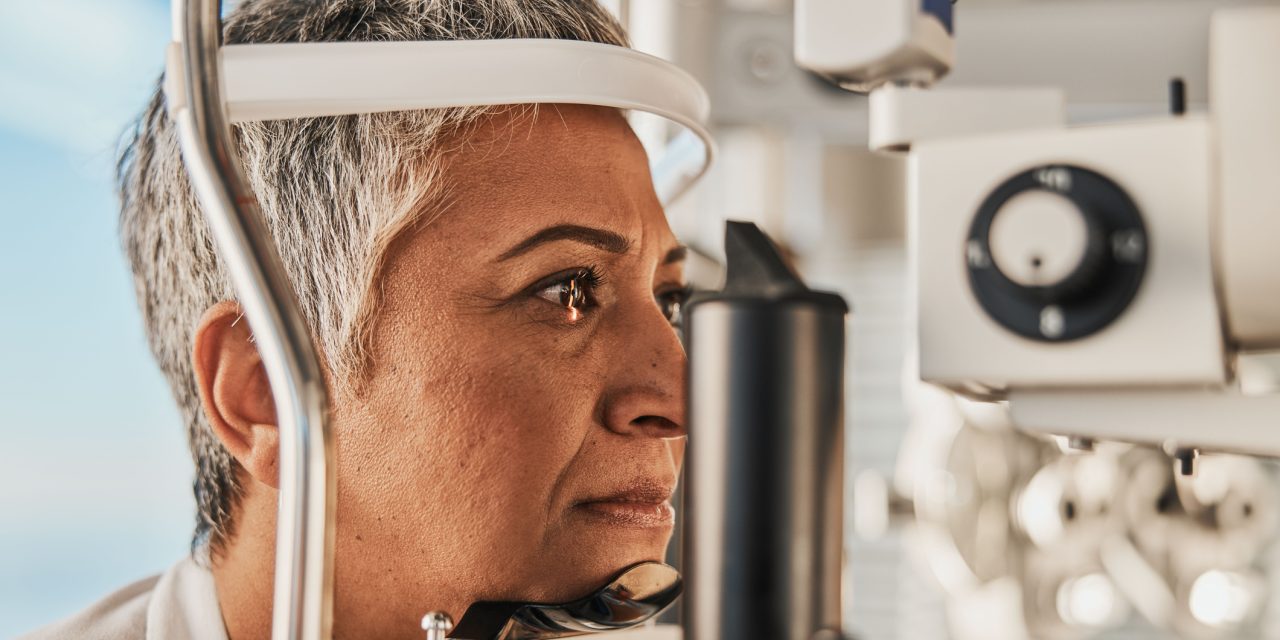Homocystinuria due to cystathionine β-synthase (CBS) deficiency, the most frequent inborn error of sulfur amino acid metabolism, is characterized biochemically by severely elevated homocysteine (Hcy) and related metabolites, such as Hcy-thiolactone and -Hcy-protein. CBS deficiency reduces life span and causes pathological abnormalities affecting most organ systems in the human body, including the cardiovascular (thrombosis, stroke), skeletal/connective tissue (osteoporosis, thin/non-elastic skin, thin hair), and central nervous systems (mental retardation, seizures), as well as the liver (fatty changes), and the eye (ectopia lentis, myopia). Molecular basis of these abnormalities were largely unknown and available treatments remain ineffective.
Proteomic and transcriptomic studies over the past decade or so, have significantly contributed to our understanding of mechanisms by which the CBS enzyme deficiency leads to clinical manifestations associated with it.
: Recent findings, discussed in this review, highlight the involvement of dysregulated proteostasis in pathologies associated with CBS deficiency, including thromboembolism, stroke, neurologic impairment, connective tissue/collagen abnormalities, hair defects, and hepatic toxicity. To ameliorate these pathologies, pharmacological, enzyme replacement, and gene transfer therapies are being developed.
Proteomic exploration of cystathionine β-synthase deficiency: implications for the clinic.


